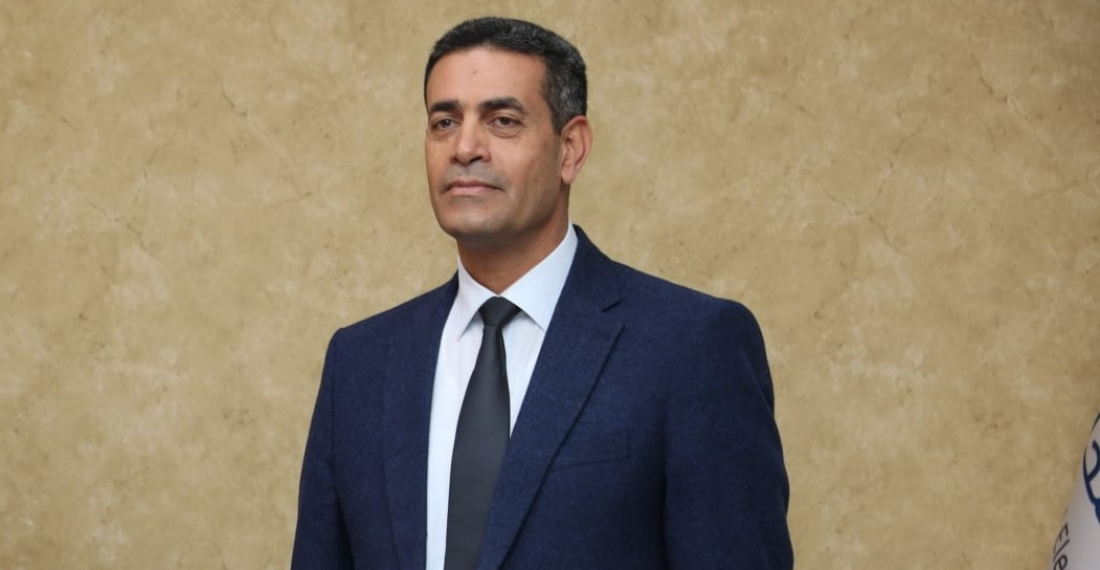Imed al-Sayeh, head of Libya’s High National Elections Commission (HNEC), said that the country is “80 or 90 per cent ready” for the presidential, parliamentary elections scheduled for the coming December and January. Yet, there remains a debate about the legal and constitutional basis of the ballots and who is eligible to stand raised doubts over the process.
“I think there will be very strong turnout for these elections, especially as there will be direct presidential polls for the first time since Libya’s independence [in 1951],” Al-Sayaeh said at his office in Tripoli.
Last week, the Libyan eastern-based House of Representatives passed a long due electoral law that guides the elections completing the necessary legislation needed to organise both the presidential and the parliamentary elections.
The parliament also voted to postpone the parliamentary elections to January while the presidential elections will be held on 24 December.
However, the electoral law was disputed by the Western-based High Council of State creating a controversy that risks plunging the country back to conflict in the aftermath of the elections.
Al-Sayeh said the HNEC is yet to receive the law on legislative polls after which candidates can be registered.
On another positive note, Libya's joint military commission (5+5) announced that it has prepared and approved an action plan to a gradual, balanced and simultaneous removal of all mercenaries and foreign fighters from the country.







